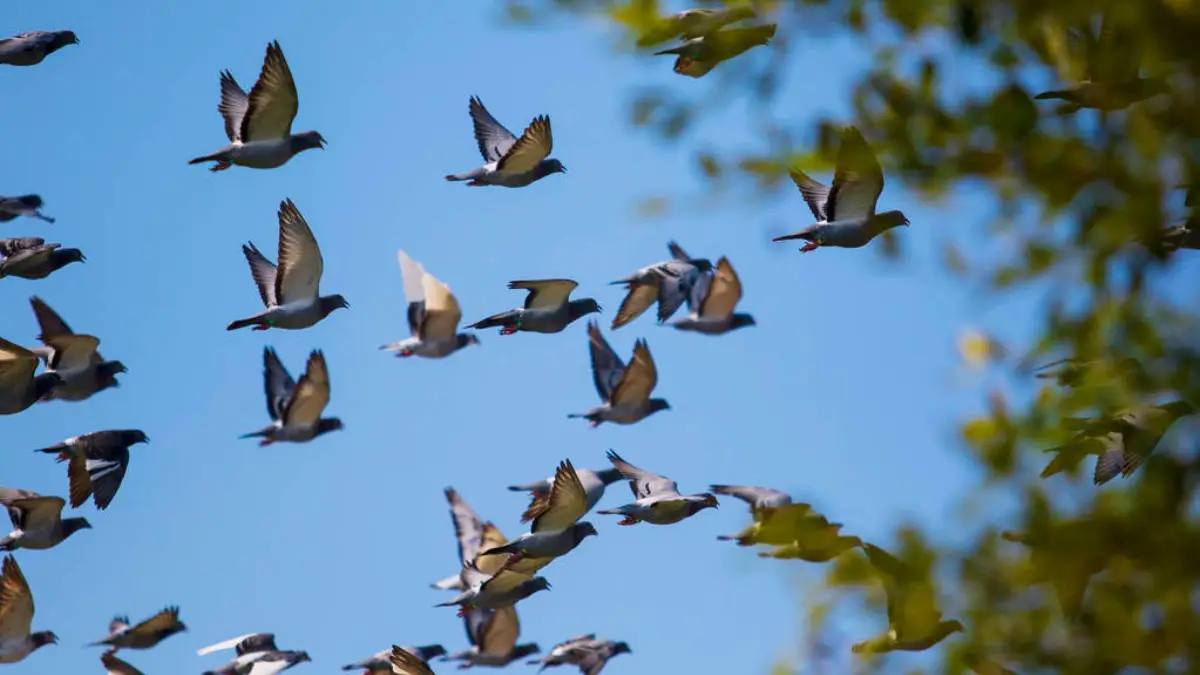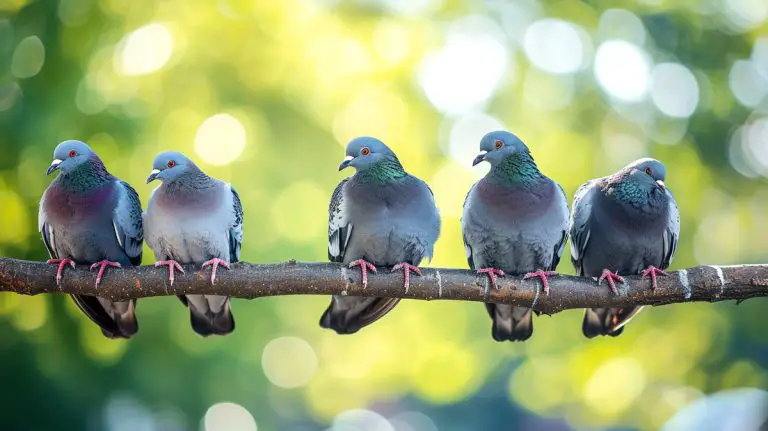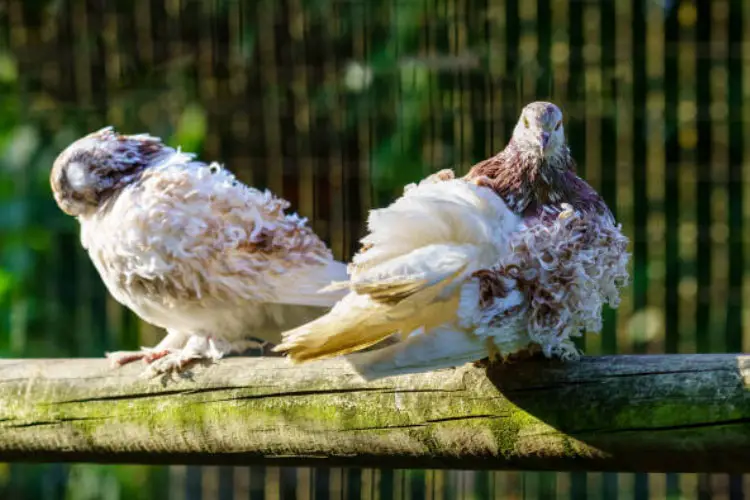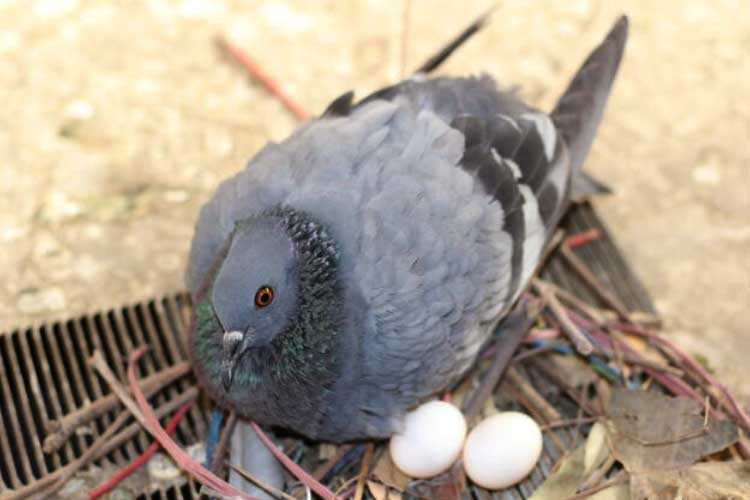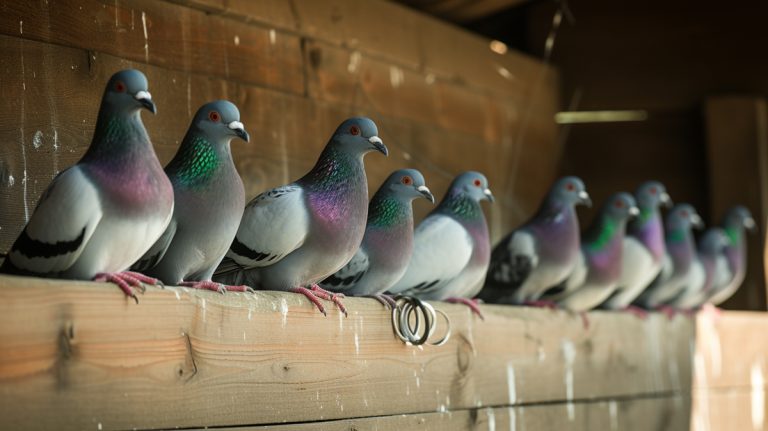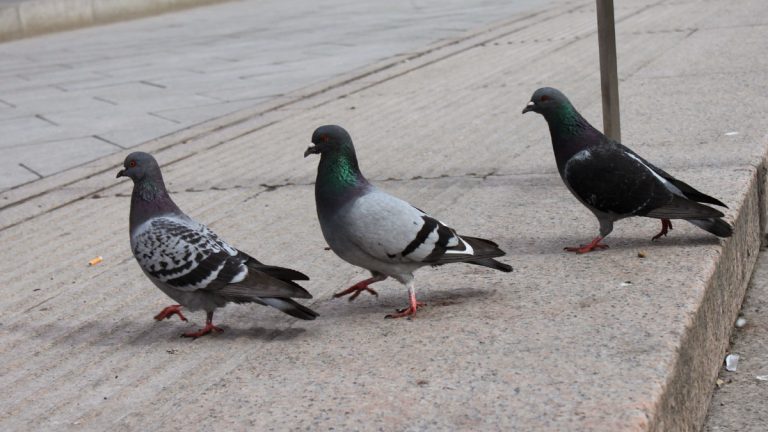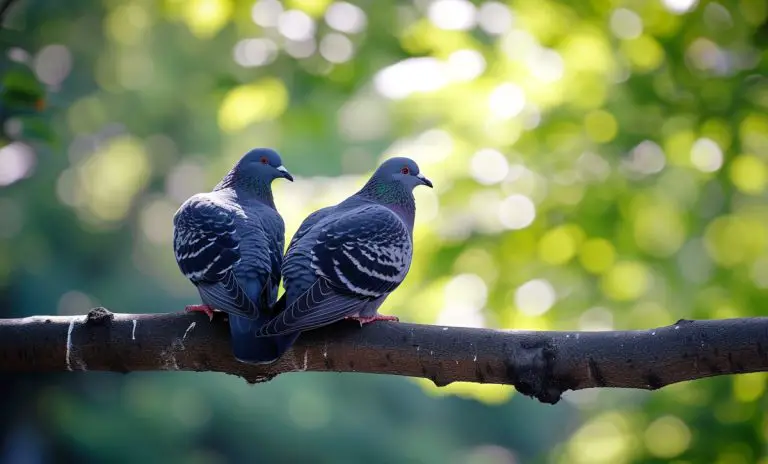How Many Years Can a Racing Pigeon Race?
Pigeons that race has different lifestyles and diet that helps them excel in their career. As a result, their lifetime is also different from the usual pigeons, which affects their racing lifetime as well.
So how many years can a racing pigeon race? On average, a pigeon race rarely exceeds 3 years of a racing career. However, it can also go up to 9 years. It depends on the racing environment that the pigeon has been through. Additionally, diet, training, and genes also play a significant role.
Nevertheless, there are also ways that one can imply to increase the longevity of the pigeon’s racing career. So stay as we have addressed everything, about their longevity and the factors affecting it.
How Long Can Racing Pigeons Continue to Compete in Races?
As mentioned before, most pigeons only manage to keep their racing years alive for three years. After that, most of them are found injured, lost, or unhealthy.
A pigeon’s physicality is the biggest factor. Racing pigeons are bred and trained to fly long distances at fast speeds, travelling sometimes hundreds of kilometers in a single race.
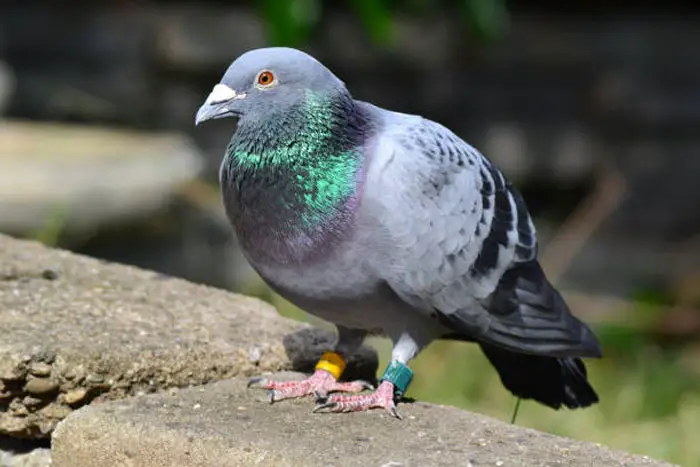
The physical strain required to compete in races can have a negative effect on a pigeon’s physique over time, particularly as they age. In addition, as they are exposed to a variety of climatic conditions during races, racing pigeons may be more prone to injury or illness.
Moreover, pigeons used for racing may incur mental weariness and stress as a result of the intense competition and lengthy confinement in the racing crate.
Given these variables, it is unsurprising that a pigeon’s career in racing is quite brief. However, with adequate care and attention pigeons can have a profitable racing career for several years before retiring.
Factors that Influence the Longevity of Racing Pigeons
There is an endless number of factors that influence the longevity of competing pigeons. The bitter part of it is that most of them are overlooked. So here are the factors that you shouldn’t neglect as an owner of a racing bird;
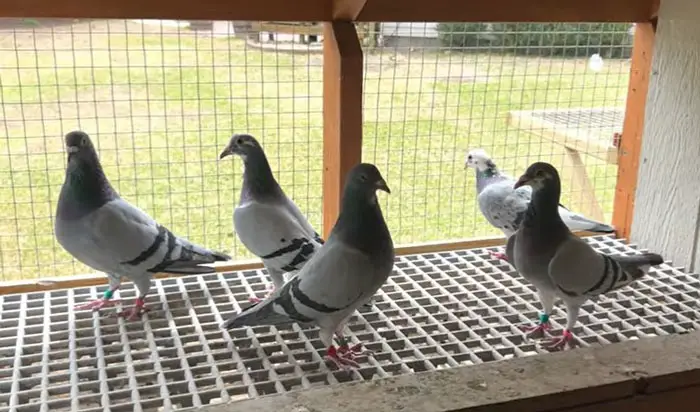
- Improper diet for racing: Racing takes a lot of work and proper nutrients are required for the body to function properly
- Forcing birds to fly in severe weather: Large amounts of fluid are lost from their system
- Inadequate exercise: Exercise lowers cholesterol and triglycerides
- Not adhering to the training program: Makes them unfit for racing if not followed
On the other hand, some factors are not on your hand. No matter how hard you try, these factors cannot be avoided if your bird competes.
- Predators
- Injuries
- Genetics of a shorter lifetime
Maintaining the Health and Well-Being of Aging Racing Pigeons
Even if there are some aspects over which you have no control, there are activities you can do to improve your pigeon’s health and well-being. An aged pigeon would inevitably require more care than a young one.
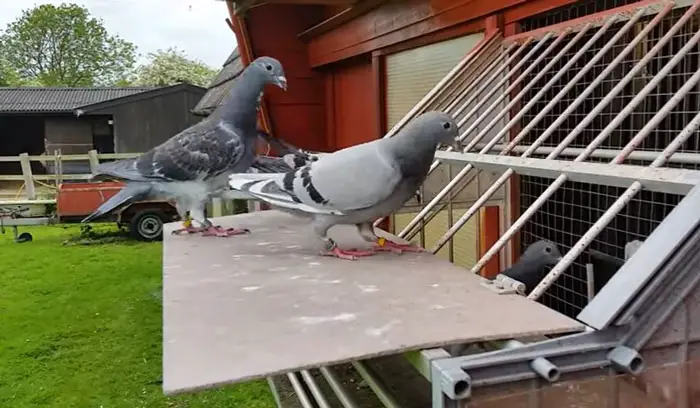
There are a number of factors affecting the health and well being racing pigeons, let’s look at them one by one.
Diet
Diet is one of the most important things to maintain for your aging pigeon. You must keep your pet’s diet healthy to make sure they are receiving what their body needs.
When it comes to the level of competition in a race, their primary need is carbohydrates and protein. Apart from that, fat and fiber should also be included in their diet.
Here’s a table of the percentage of nutrition that you should follow;
| Nutrition | Percentage in their diet |
| Carbohydrate | 70% |
| Protein | 23% |
| Fat | 2% |
| Fiber | 5% |
Hygiene
Maintaining hygiene reduces the chances of your aged pigeon getting sick. With their age, immunity decreases, and the chances of them catching diseases effortlessly increase.
Therefore, you should regularly clean their loft. It’s recommended that you clean their home every day. Additionally, keep it dust free.
You can use an industrial vacuum cleaner to keep your pet’s home dust free. On the other hand, you should wash their loft with non-toxic disinfectant soap and hot water.
Water
many owners are lazy to change their drinking water. Well, changing their water every day twice is vital. Otherwise, the bacteria in the water will get into your pigeon and make them sick.
The Role of Genetics in the Longevity of Racing Pigeons
As previously mentioned, genes are important for your bird to live longer. Just like humans, pigeons also pass on diseases to the next generation. Therefore, if your bird’s biological parents had any transmittable diseases, there’s a chance your pigeon will have it too.
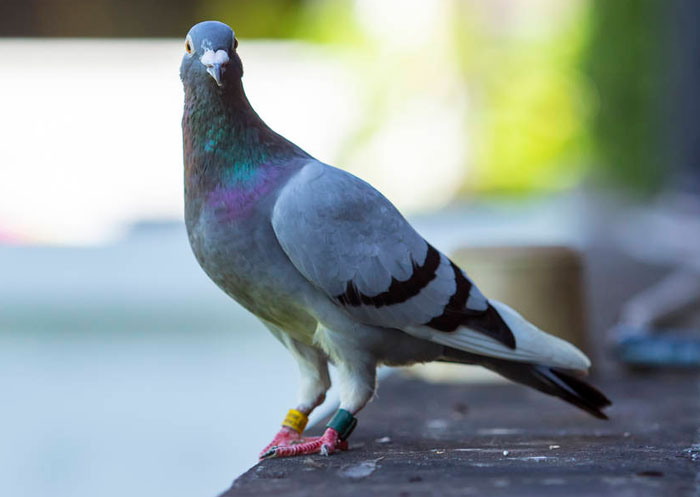
On the other hand, genes are also responsible for providing a strong immunity system. Many diseases are transmitted through contact and are quite common in pigeons. They include;
- Cryptococcosis
- Histoplasmosis
- Psittacosis
So to fight these diseases, they must have a strong immune system which can only be provided by genes. Whereas a small portion of the immunity system is affected within the diet.
The Impact of Training Regimen on the Lifespan of Racing Pigeons
As much as training is important for your pigeon to race efficiently, it’s equally important that proper training is done for good health. Thus, it can be said that training regimen plays a crucial role in their lives.
They must have a proper intake in their diet as they will be working hard during their training. Otherwise, at an older age, the birds will suffer from malnutrition.
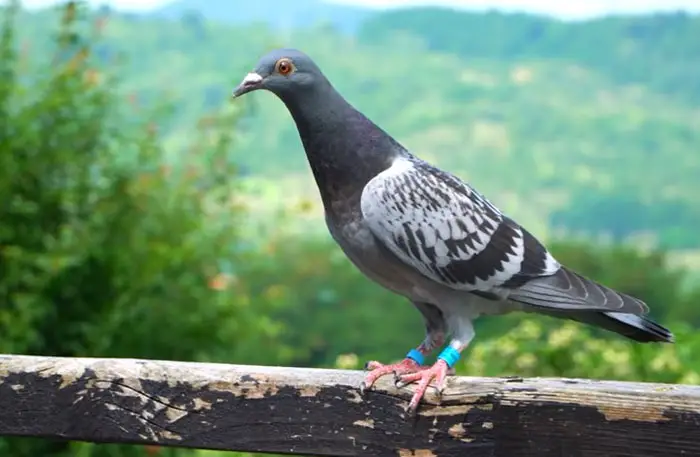
Similarly, training them only under proper weather conditions is important for their life expectancy. As warm weather can cause dehydration in them, whereas extreme cold weather can constrict blood flow to their feet.
Both of them don’t show any visible changes instantly, but at a later period in their lifetime, they will suffer from illness. Hence, their life expectancy decreases.
If you’re interested in maintaining the health and breeding success of racing pigeons, you may find our articles on how to treat E. coli in racing pigeons and the impact of environmental factors on pigeon breeding helpful. Our article on how to treat E. coli in racing pigeons provides valuable information on identifying and treating this bacterial infection that can affect racing pigeons. Additionally, our article on the impact of environmental factors on pigeon breeding explores how various factors such as temperature, humidity, and nesting conditions can influence the breeding performance and success of pigeons.Conclusion
So, how many years can a racing pigeon race? In general, they race for 3 years, while some can last up to 9 years. However, you shouldn’t own a pigeon in the first place that you only want to race with. Once you own one, their health is also your responsibility.
Moreover, diet is an important factor. A mixture of carbohydrates and protein is mandatory for both their health and performance. Furthermore, you should only allow the pigeon to participate during calm weather. This will guarantee both performance and the absence of any health risks.
